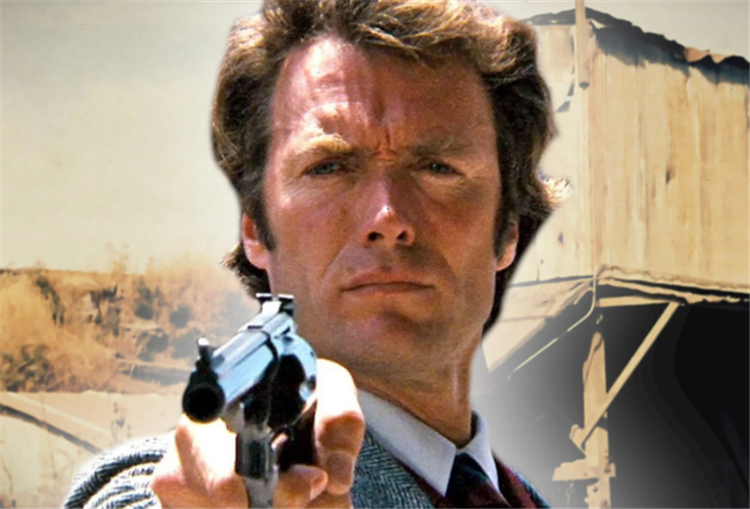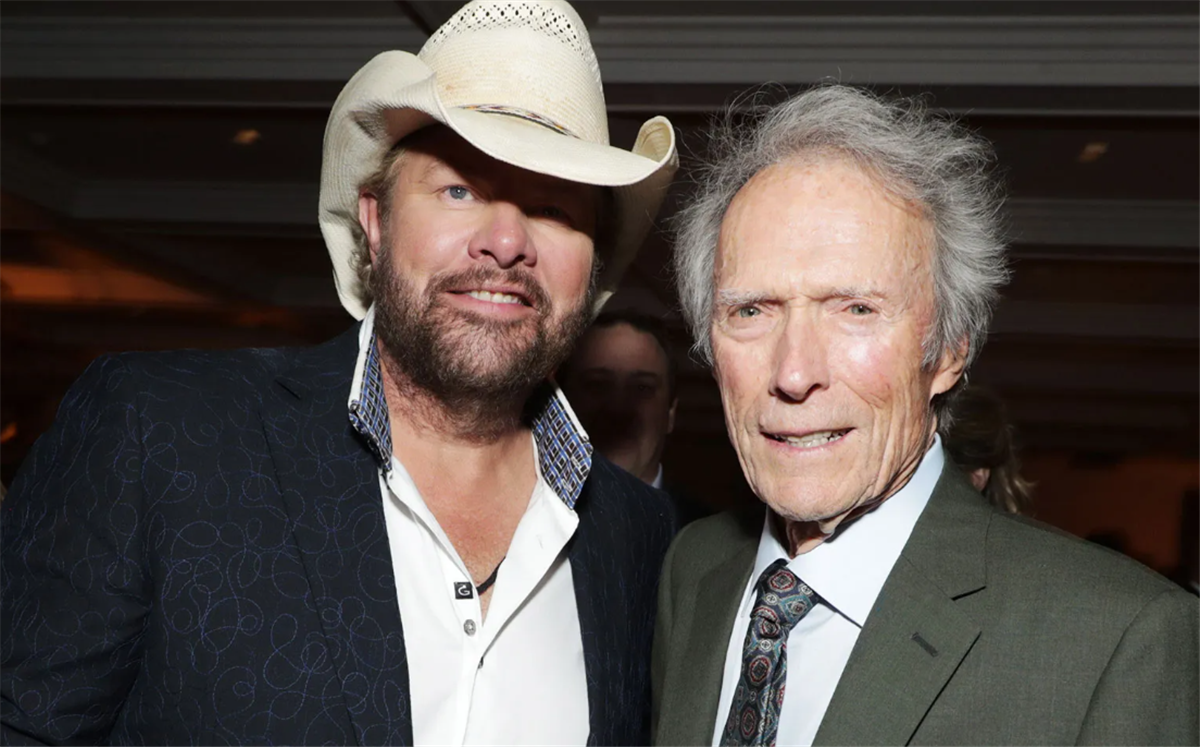We all know Clint Eastwood can be grumpy, but the Directors Guild of America’s long-standing Eastwood Rule shows just how far his on-set notoriety goes.
We know for sure that Clint Eastwood has left plenty of footprints on Hollywood history. When you’ve made as many classics as Clint Eastwood has, you’re always going to be considered as one of the best actors of all time – and, in Eastwood’s case, one of the best directors too.
But Eastwood is also something of a difficult character, notorious for being something of a grumpy dude with little patience. Even on his best movies, he has earned himself a formidable reputation.
In fact, he’s so notorious that Hollywood has a “Clint Eastwood rule” in place, born out of what happened on the set of one of his best Westerns, 1976 movie The Outlaw Josey Wales.

Eastwood and original Josey Wales director Philip Kaufman did not see eye to eye on the movie. Kaufman’s insistence on perfection and attention to detail didn’t match Eastwood’s legendary efficiency and determination to get the job done. There were also personal issues around Eastwood’s relationship with co-star Sondra Locke.
Midway through production, Kaufman got fired at Eastwood’s command, which infuriated the Directors Guild of America. Eastwood subsequently completed the film, which went on to be a critical and commercial success.
The DGA was so annoyed that it imposed the “Eastwood Rule”, which prohibits someone already working on a movie from firing the director and stepping into the role themselves.

Eastwood himself fell foul of the rule a few years later when he was unable to replace Tightrope director Richard Tuggle, and the rule is still enforced today, despite a greatly improved relationship between Eastwood and the union.
In fact, Eastwood has won the DGA Award for Best Director twice, for Million Dollar Baby and Unforgiven, as well as winning its Lifetime Achievement Award in 2006. All’s well that ends well.
For more of Eastwood’s legendary reputation, find out why Clint Eastwood refused to leave a movie set even though it was on fire and why Tom Hanks says Clint Eastwood treated him like a horse. We’ve also explained why the Western has always been a genre for women too.
